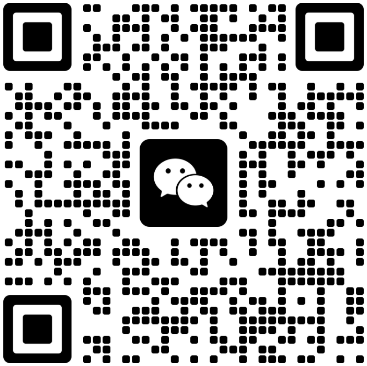1. Excitation caused by changes in the number of loaded rolling elements
When a radial load is applied to a bearing, the number of rolling elements carrying the load will change slightly during operation, causing a deviation in the direction of the load.
2. Partial damage
Small portions of bearing raceways and rolling elements may be damaged due to operating or installation errors. During operation, damaged bearing components will produce specific vibration frequencies. Vibration frequency analysis identifies damaged bearing components. This principle has been applied in condition monitoring equipment to monitor bearing damage.
3. Accuracy of related components
When the inner and outer rings of the bearing are closely matched with the bearing seat or transmission shaft, the inner and outer rings of the bearing may be deformed due to improper matching with the shape of adjacent components. If deformation occurs, vibration and noise may occur during operation.
4. Pollutants
If the equipment is operated in a polluted environment, impurities may enter the bearing rolling elements and cause vibration sounds. An annoying noise is usually heard in this case.
5. Others
The reasons for the noise generated by rolling bearings are relatively complex. One is the wear of the mating surfaces of the inner and outer rings of the bearings. Due to this kind of wear, the matching relationship between the bearing and the housing, and the bearing and the shaft is destroyed, causing the axis to deviate from the correct position. The shaft produces abnormal noise when moving at high speed.
In addition, insufficient bearing lubrication, dry friction, and broken bearings will produce abnormal sounds. Bearing wear, cage looseness and damage will also produce abnormal noise.


